The health effects of Covid-19 go far beyond the virus, WHO says
From CNN's Naomi Thomas
The effects of the Covid-19 pandemic on world health stretch far beyond “the suffering caused by the virus itself,” World Health Organization Director-General Tedros Adhanom Ghebreyesus said during an address to member states in Geneva on Thursday.
The pandemic is affecting areas such as vaccinations for children, medication for diseases, refugee health and world hunger.
“It’s unraveling many of the gains we have made fighting some of the world’s most devastating diseases,” he said
Tedros said there are hundreds of millions of children who are at risk of missing routine vaccinations for diseases such as tuberculosis and measles. Many countries are also running low on HIV medications.
Refugees, who already face limited access to shelter, water and nutrition, he said, are among the most vulnerable.“Covid-19 could push them over the brink,” he said.
He also said that many people are now going hungry, and that poverty has become more visible during the time of the pandemic, citing estimates from the World Food Programme that global hunger could increase to more than 270 million people.
Countries are facing “a delicate balance between protecting their people and maintaining essential health services while minimizing social and economic damage and respecting human rights,” Tedros said.
Another 1.3 million people applied for unemployment aid in the US last week
From CNN’s Anneken Tappe and Tami Luhby
Another 1.3 million people filed first-time claims for unemployment aid last week in the US, according to the Department of Labor.
Weekly jobless claims have been falling for more than three months since their peak in the last week of March. That's a good sign, because it means fewer people are finding themselves newly in need for benefits. But the claims remain stubbornly high and aren't trending downward as quickly as economists would like.
Continued claims, which count workers who have filed claims for at least two weeks in a row, stood at 18.1 million.
Economists have shifted their focus to continued claims earlier this summer, saying it's a better indicator of how many people are returning to work versus staying on benefits. But again the number is trending down slowly, and that doesn't bode well for the economic recovery.
Reopening plans: On top of that, many states have paused their economic reopening schedules following a rise in Covid-19 infections. That might keep people at home for longer, when they would have otherwise returned to work in later reopening phases.
The Federal Reserve Bank of Atlanta's latest CFO survey found that the average surveyed business didn't expect to get back to its pre-pandemic employment level until the end of 2021.
Here's what's in the CDC's current school guidelines
 An empty classroom in seen at Kent Middle School on April 1 in Kentfield, California. Justin Sullivan/Getty Images
An empty classroom in seen at Kent Middle School on April 1 in Kentfield, California. Justin Sullivan/Getty ImagesA day after Vice President Mike Pence said said the US Centers for Disease Control and Prevention would revise its existing guidelines for reopening schools, the agency's director, Dr. Robert Redfield, said it would not edit them.
Redfield, however, did say that additional reference documents will be provided alongside the current guidelines.
Here's what the current guidelines, which were last updated on the CDC website in May, say:
ICU nurse who became sick with Covid-19 was treated in her own unit for 12 days
From CNN's Adrienne Vogt
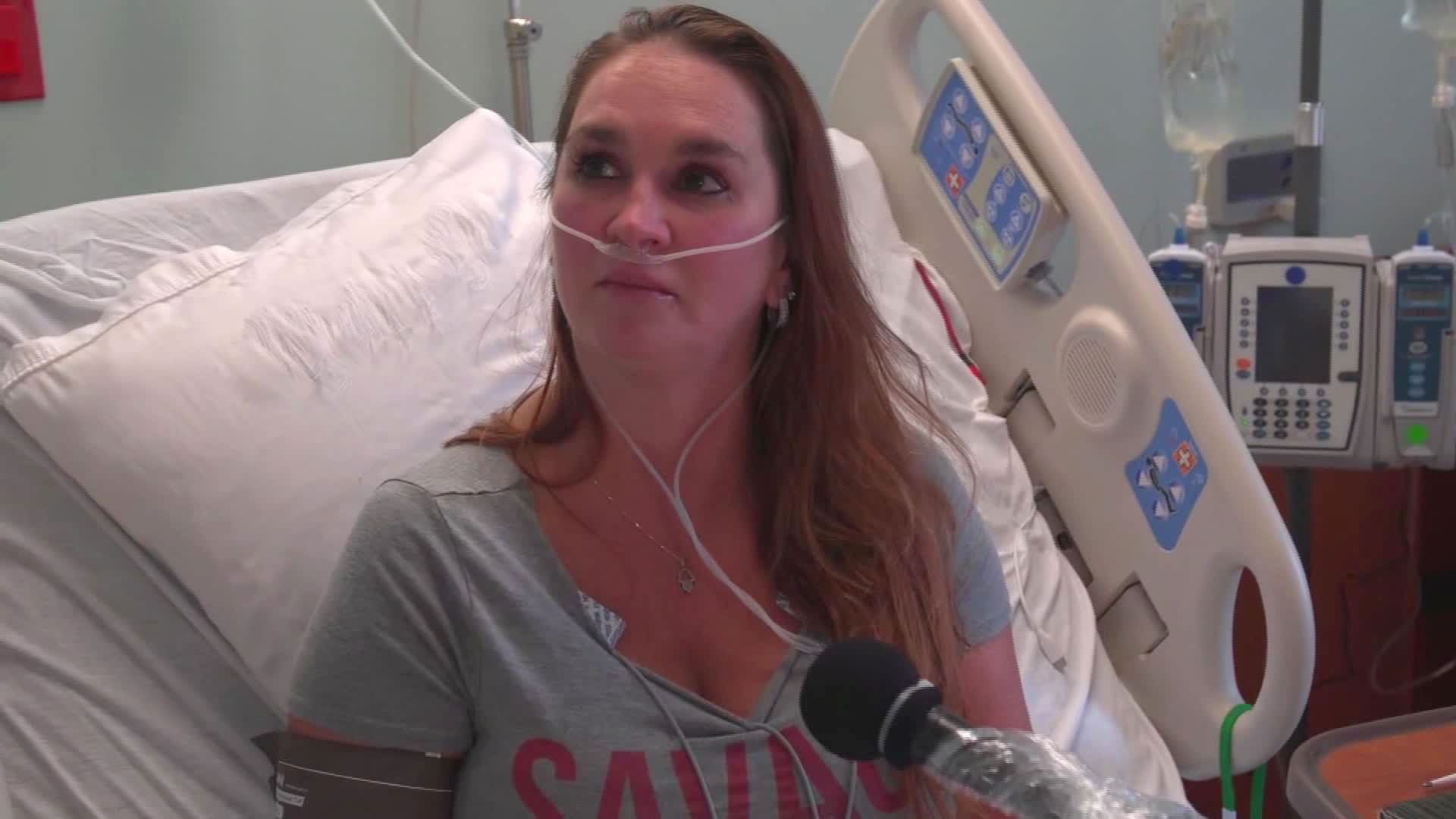 Tanna Ingraham speaks with CNN's Miguel Marquez at United Memorial Medical Center in Houston, Texas. CNN
Tanna Ingraham speaks with CNN's Miguel Marquez at United Memorial Medical Center in Houston, Texas. CNNAn ICU nurse who cared for coronavirus patients became sick with Covid-19 and spent 12 days in her intensive care unit.
Tanna Ingraham, a nurse at United Memorial Medical Center in Houston, Texas, is recovering from coronavirus at home. She said it’s been a painful and scary experience, as the virus attacked her joints. She said she had shortness of breath, loss of taste and smell, and a “barking, hacking cough.”
She said that being in her own ICU unit “made it harder” because of what she had seen firsthand.
Ingraham, who has two daughters, has been quarantined from them and they will not be reunited until July 25.
Watch the interview:
CDC will not revise guidelines for schools reopening despite Trump criticism
From CNN's Naomi Thomas, Betsy Klein and Kevin Liptak
 Custodian Tracy Harris cleans chairs in a classroom at Brubaker Elementary School on July 8 in Des Moines, Iowa. Charlie Neibergall/AP
Custodian Tracy Harris cleans chairs in a classroom at Brubaker Elementary School on July 8 in Des Moines, Iowa. Charlie Neibergall/APDr. Robert Redfield, director of the US Centers for Disease Control and Prevention, said that the guidelines for reopening schools will not be revised, but additional reference documents will be provided.
In response to comments about the guidelines being too tough or impractical, Redfield said this depends on how the guidelines are put together.
“Right now, we’re continuing to work with the local jurisdictions to how they want to take the portfolio of guidance that we’ve given to make them practical for their schools to reopen,” he said.
Redfield described the guidelines as “intentionally non-prescriptive,” and said that the range of guidelines given were to offer schools the option of what will work best for them.
Redfield said the CDC would work with any local jurisdiction on how best to use the guidelines to reopen their schools in the safest way, and that it would “personally sadden” him if people were to use the guidelines and concerns about them as a reason to stay closed.
“It’s a critical public health initiative right now to get these schools reopened and to do it safely,” Redfield said.
Some context: Redfield's comments come a day after President Trump tweeted Wednesday that he disagreed with CDC guidelines for safely reopening schools because they are "very tough" and "expensive."
During a press briefing a few hours later, Vice President Mike Pence said the CDC would issue new guidance on reopening schools next week. Both he and the CDC's director said the agency's recommendations should not be viewed as a barrier to returning children to classrooms.
States with steep Covid-19 increases "should seriously look at shutting down," Fauci says
From CNN's Health Gisela Crespo
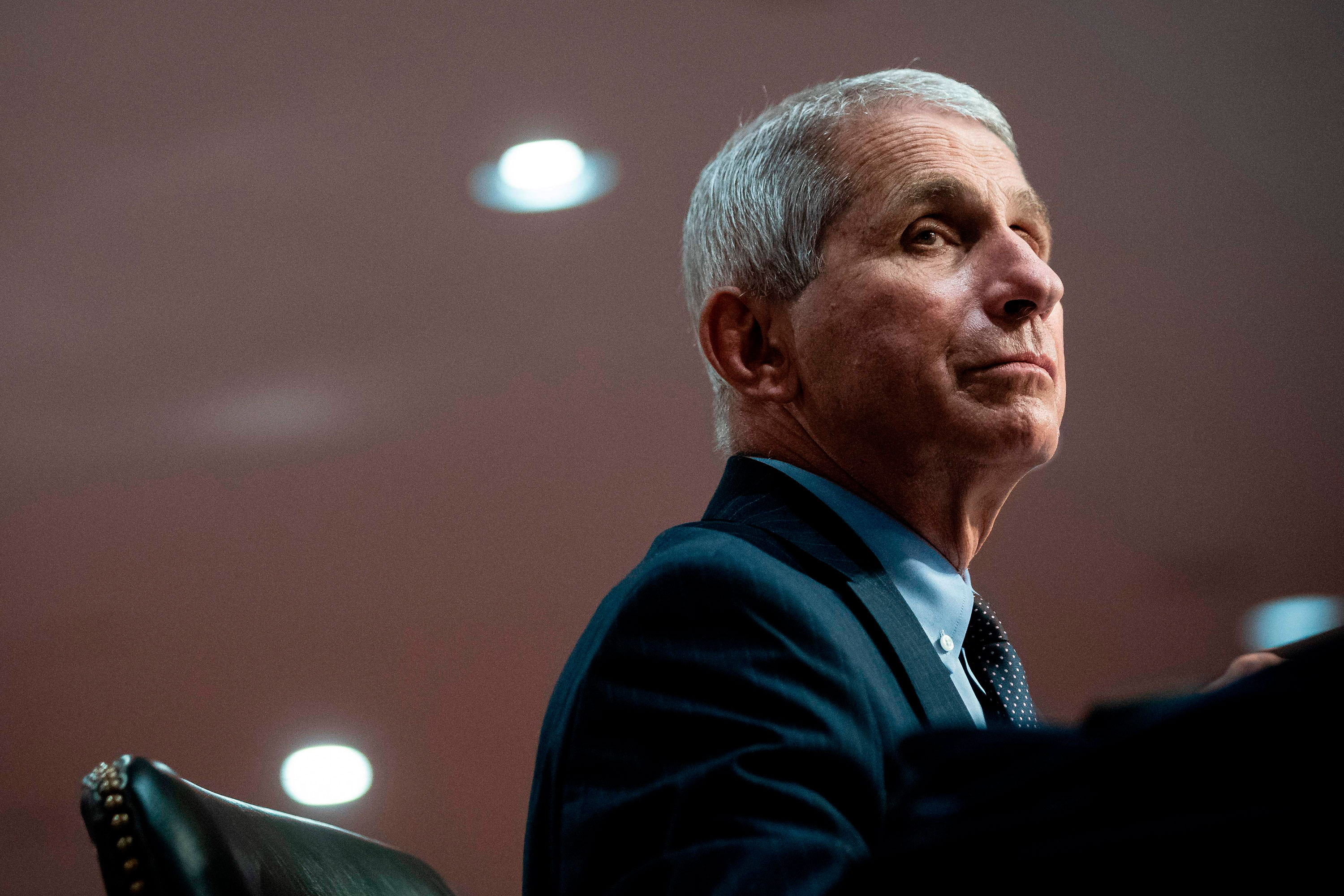 Dr. Anthony Fauci, director of the National Institute of Allergy and Infectious Diseases, listens during a Senate Health, Education, Labor and Pensions Committee hearing on June 30 in Washington, DC. Al Drago/AFP/Getty Images
Dr. Anthony Fauci, director of the National Institute of Allergy and Infectious Diseases, listens during a Senate Health, Education, Labor and Pensions Committee hearing on June 30 in Washington, DC. Al Drago/AFP/Getty ImagesDr. Anthony Fauci, director of the National Institute of Allergy and Infectious Diseases, said states facing steep increases in new Covid-19 cases "should seriously look at shutting down."
“Any state that is having a serious problem, that state should seriously look at shutting down. It’s not for me to say, because each state is different," Fauci said, speaking to The Wall Street Journal in a podcast published Wednesday.
Fauci said some states "went too fast" in their reopening, while others followed the guidelines, "but the people in the state didn't listen and just threw caution to the wind."
The nation's top infectious disease expert said simple public health measures such as closing bars, spacing out seating at restaurants, avoiding crowds and wearing masks will curb the increase in cases.
"Guarantee you're going to see that curve come down," Fauci told Kate Linebaugh, co-host of "The Journal" podcast.
Asymptomatic high-risk workers, such as taxi drivers and cleaners, will be tested in England
From Sharon Braithwaite in London
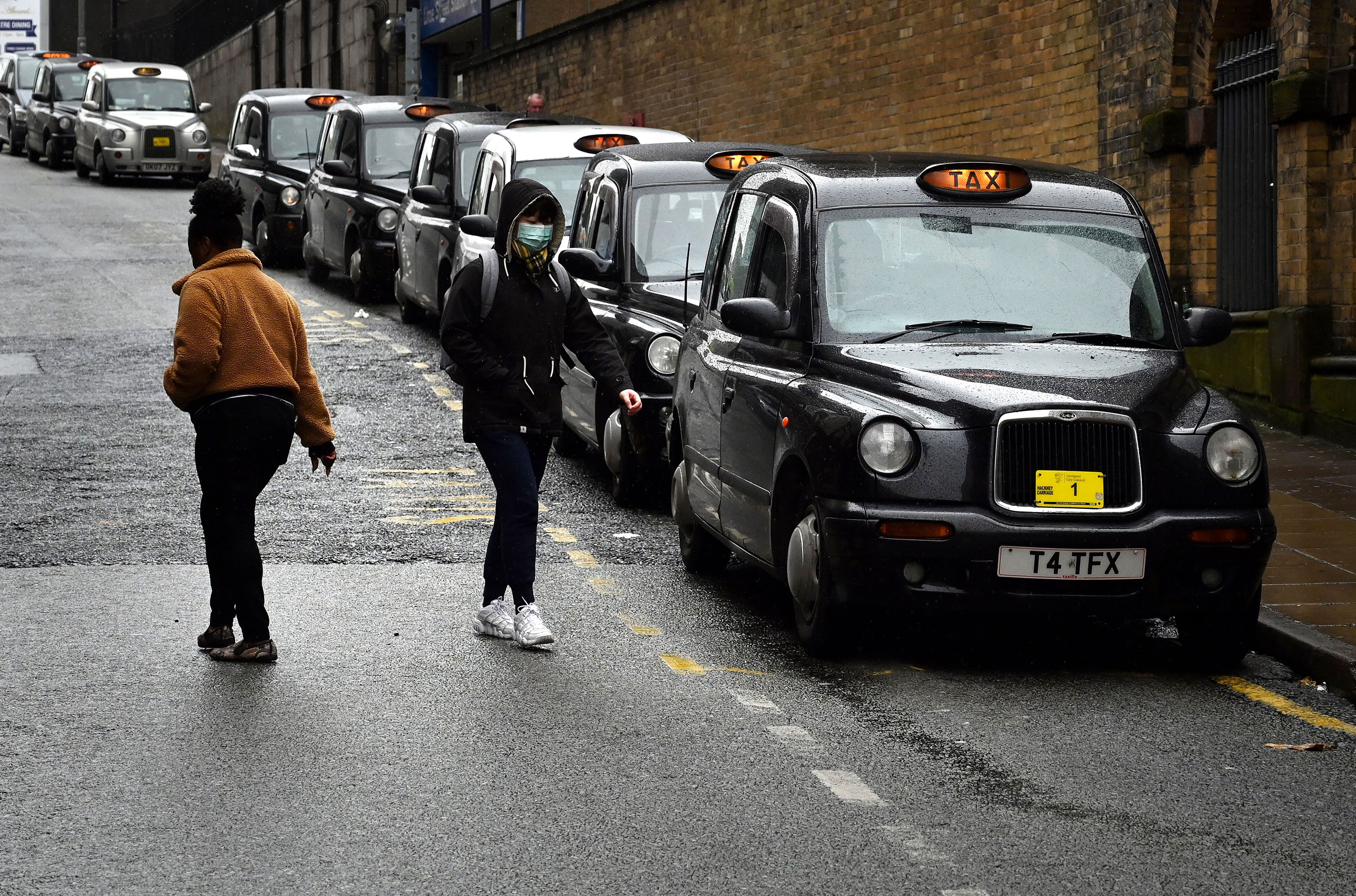 Pedestrians walk past a line of taxis on March 18 in Liverpool, England. Paul Ellis/AFP/Getty Images
Pedestrians walk past a line of taxis on March 18 in Liverpool, England. Paul Ellis/AFP/Getty ImagesHigh-risk workers with no coronavirus symptoms will be tested for the infection in England, the UK Department of Health announced Thursday.
“A new pilot to evaluate the effectiveness of asymptomatic testing for people in high-contact professions has launched today in England,” the department said in a statement.
This pilot scheme will include a select group of staff such as taxi drivers, cleaners and retail assistants, “to see if there is demand for testing amongst these kinds of workers, and how they are affected by the virus.”
A targeted swab testing will take place in partnership with four local authorities, as well as businesses representing high-contact professions, with tens of thousands of tests offered to selected groups, the Department said.
Japan's capital records highest daily increase in cases
From Yoko Wakatsuki in Tokyo
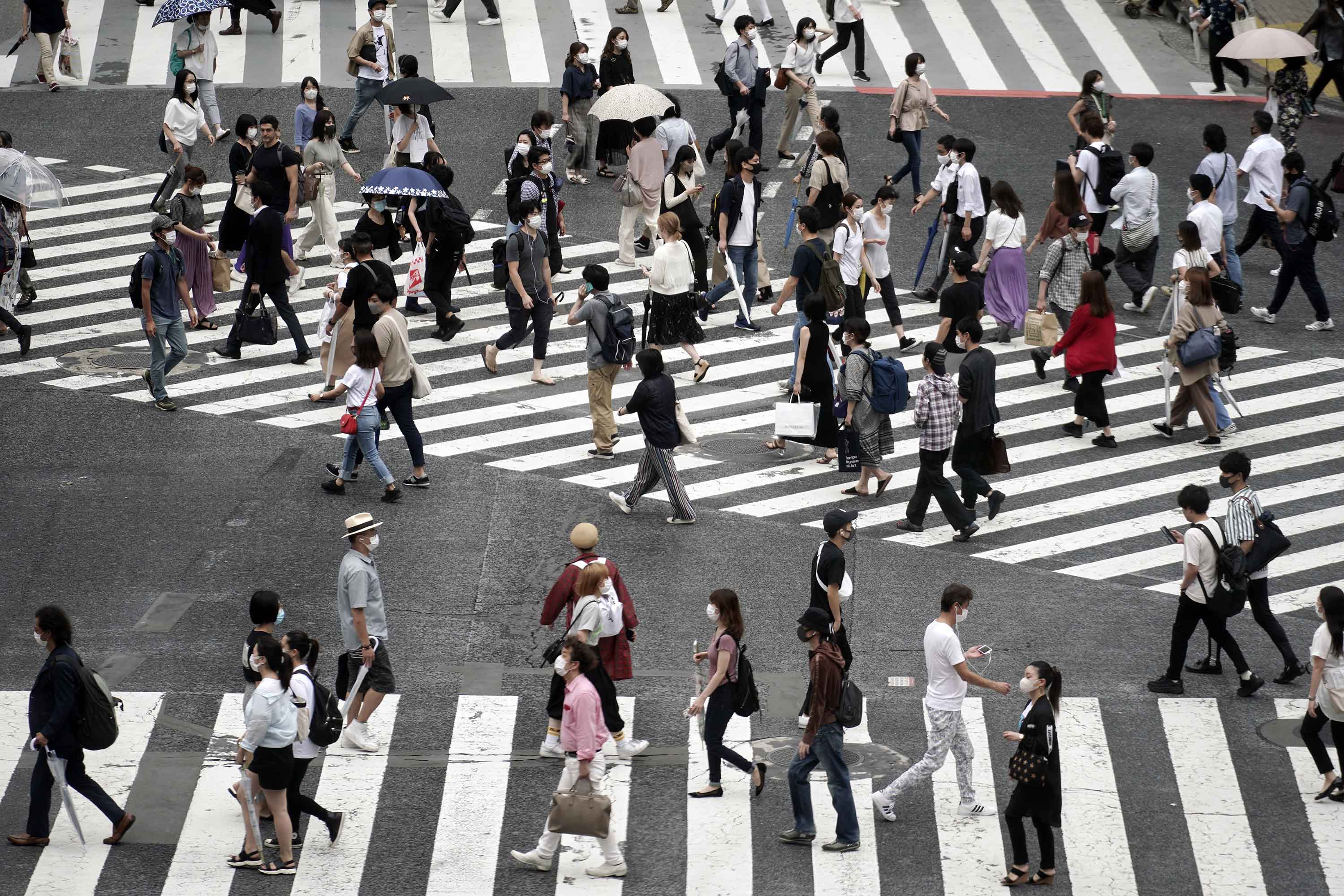 Pedestrians wearing face masks are seen at the Shibuya crossing in Tokyo, on Thursday, July 9. Eugene Hoshiko/AP
Pedestrians wearing face masks are seen at the Shibuya crossing in Tokyo, on Thursday, July 9. Eugene Hoshiko/APTokyo recorded 224 new coronavirus cases Thursday, the largest single-day increase since the outbreak began, according to city governor Yuriko Koike.
Three quarters of the new cases were young people in their 20s and 30s. The governor said the spike could be attributed to the young population in Japan's capital partying and dining together.
Koike said a sizeable number of new infections were workers from night entertainment businesses.
The 224 new cases represent a sudden increase in cases after the city reported only 75 cases on Wednesday, after reporting over 100 cases for six days in a row.
However, Koike added that the jump in infections could be partly attributed to increased testing in Tokyo, saying that 3,400 tests were conducted in the city on Thursday alone.
Fauci warns of huge US second wave if pandemic is not controlled
From CNN's Madeline Holcombe
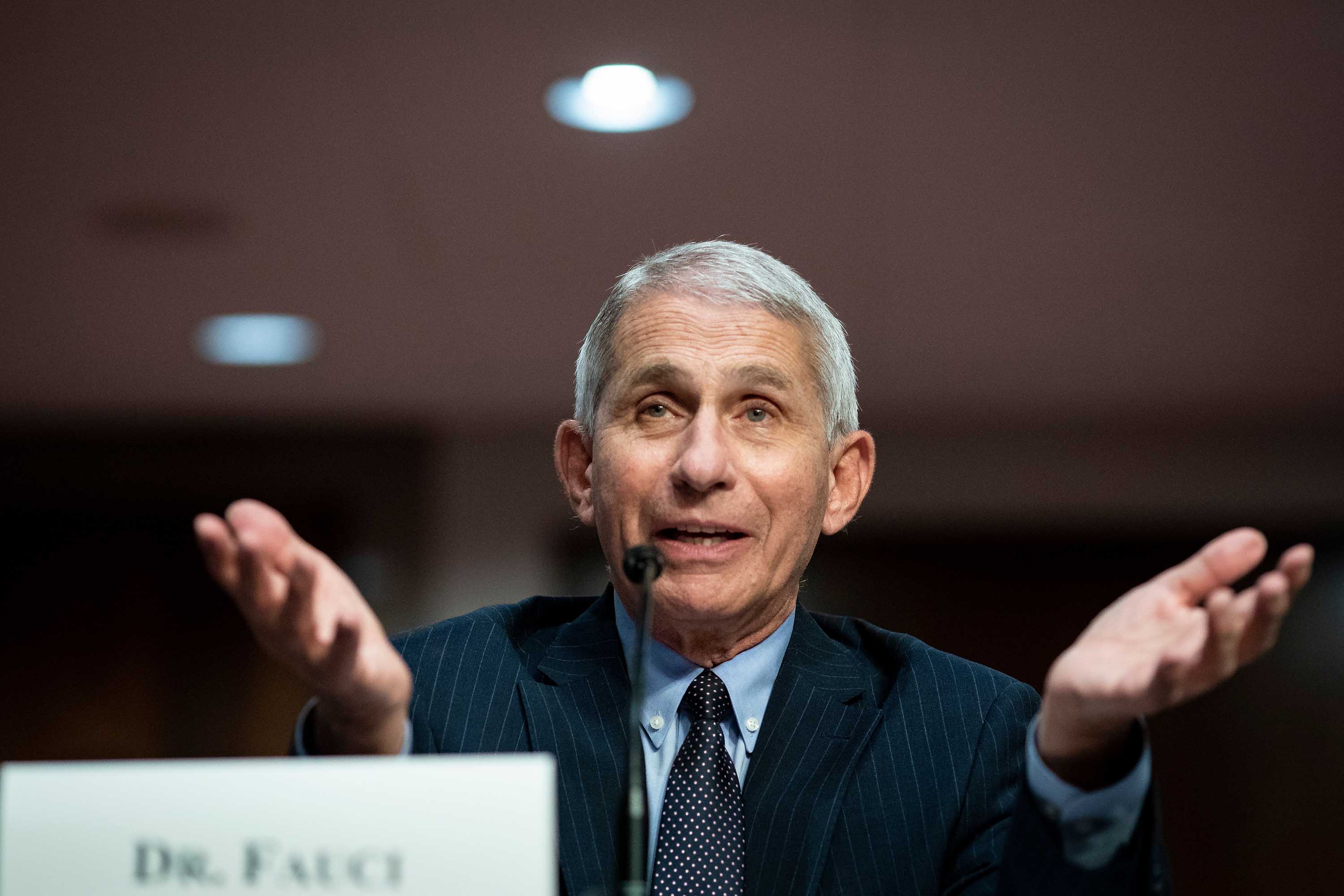 Dr. Anthony Fauci, Director of the National Institute of Allergy and Infectious Diseases, speaks during a Senate hearing in Washington on June 30. Al Drago/Pool/AFP/Getty Images
Dr. Anthony Fauci, Director of the National Institute of Allergy and Infectious Diseases, speaks during a Senate hearing in Washington on June 30. Al Drago/Pool/AFP/Getty ImagesThe fall could look a lot like March and April in terms of US coronavirus cases if the country doesn't get a handle on the pandemic, Dr. Anthony Fauci, the nation's top infectious disease expert, has warned.
To prevent the outbreak from spinning out of control, US residents must focus on controlling crowds, wearing masks and doing a better job at physical distancing, Fauci told the Wall Street Journal in a podcast Wednesday.
The US reached more than 3 million coronavirus cases this week, according to data from Johns Hopkins University. At least 33 states as of Thursday morning have seen an upward trend in average daily cases -- an increase of at least 10% -- over the last week.

 5 years ago
724
5 years ago
724 

